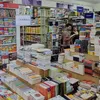‘The blending of art and science holds great potential for future innovations’ – Sumi Gupta, Whitefield Art Collective
In our second photo essay on this outstanding public art festival at VR Bengaluru, we feature more artworks and curator insights on creativity.
Launched in 2014, PhotoSparks is a weekly feature from YourStory, with photographs that celebrate the spirit of creativity and innovation. In the earlier 765 posts, we featured an art festival, cartoon gallery, world music festival, telecom expo, millets fair, climate change expo, wildlife conference, startup festival, Diwali rangoli, and jazz festival.
With the theme Transcending Boundaries, the Whitefield Art Collective (WAC) is showcasing the 7th edition of its exhibition till May 5. Over a hundred artworks are on display at the month-long event in VR Bengaluru (see Part I of our photo essay, and coverage of four earlier editions here).
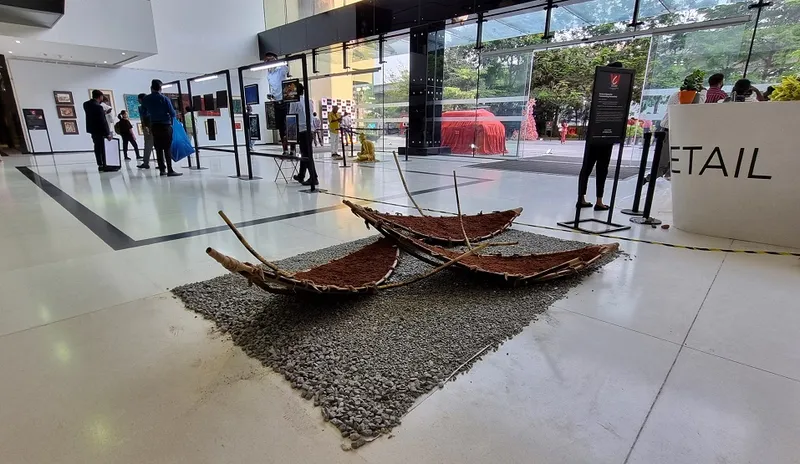
“Through this theme, we hope to inspire artists to venture beyond conventional norms, empowering them to create artworks that challenge traditional perspectives and contribute to a more inclusive and progressive society,” WAC curator Sumi Gupta tells YourStory.
She is also a retail professional and former banker, with a career spanning three decades. She co-founded Quartet Art, a London-based art consultancy and gallery that showcased South Asian contemporary art.
For the past nine years, she has also been curating the student-focused Public Art Festivals, supported by the Yuj Arts Foundation. They combine cultural showcases with a learning platform for student artists.
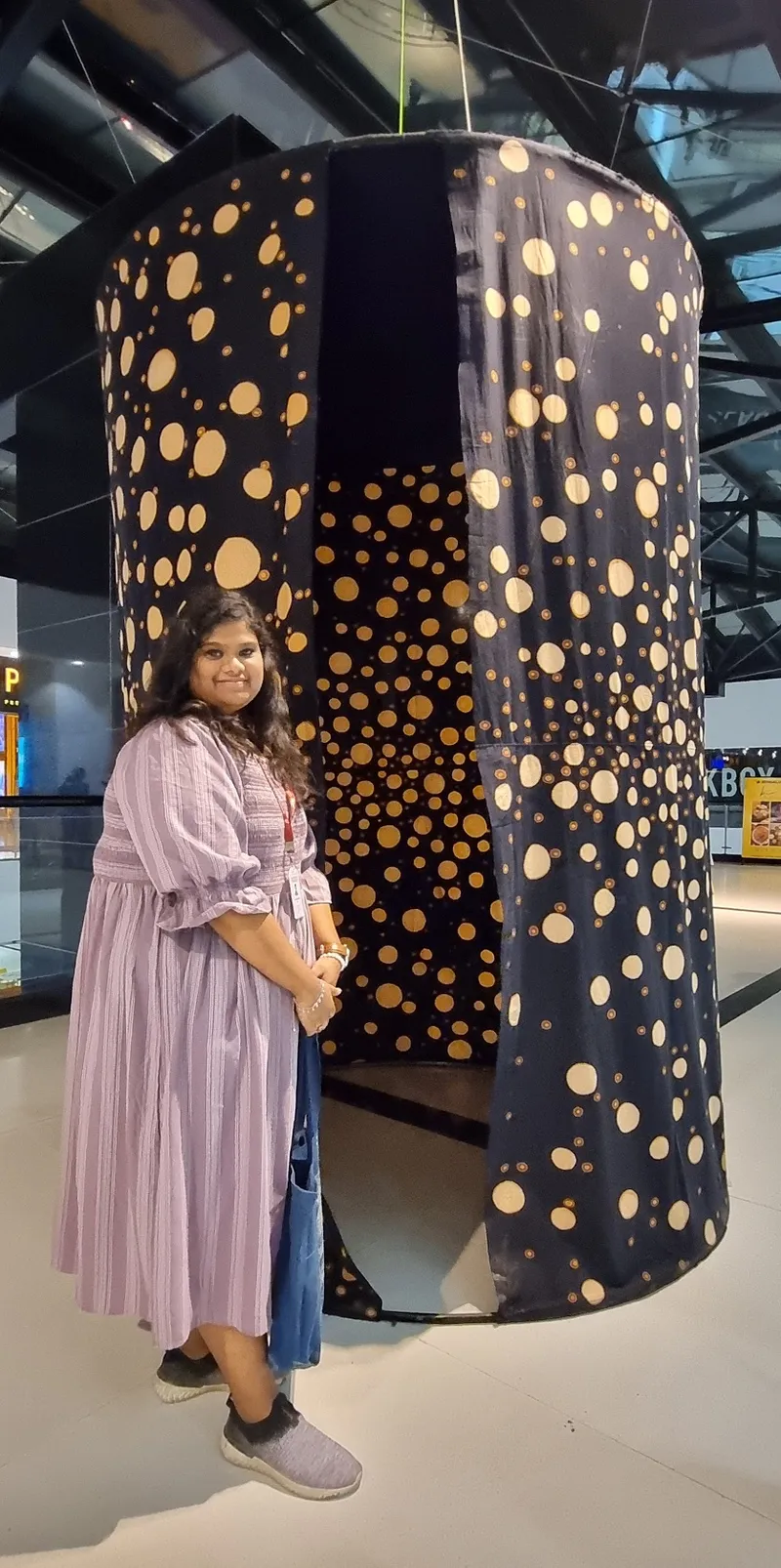
Boundless Reflections, by Alankar
WAC 2024 involved collaboration with eminent artists, faculty, and student artists from prominent institutions. “The festival serves as a platform for artists to engage in interdisciplinary exploration and integrate different viewpoints into their artworks,” Gupta explains.
“Through festivals like these, we not only offer a platform to budding artists but also nurture a sense of belonging and reverence for the city's rich cultural heritage,” she adds.
The WAC 2024 team curated retrospectives of senior artists whose works resonate with the overall theme. They provide a historical context and enrich the viewer's understanding of the artistic dialogue across generations.
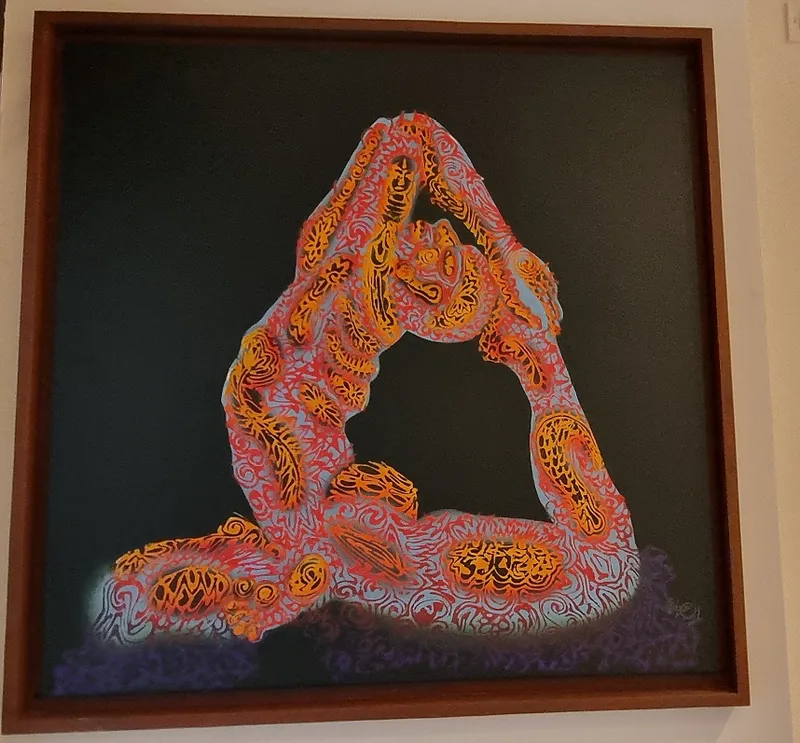
“Student artworks were selected based on their alignment with the designated theme, ensuring that they contribute meaningfully to the overarching narrative of the exhibition,” Gupta says.
As a compelling example of artists reconnecting with their roots, she points to Pradip Kumar's creation of Kala Kar. “The uniquely painted car is inspired by the native art of the Lambani tribe, which demonstrates this generation's commitment to preserving our cultural heritage through their art,” Gupta describes.
WAC also features a thought-provoking photo exhibition based on the portraits of women scientists in the UNESCO publication, A Braided River: The Universe of Indian Women in Science.

“We are excited to collaborate with the UNESCO New Delhi office, underscoring our shared commitment to promoting diversity and inclusion. Through this partnership, we aim to highlight the remarkable achievements of these trailblazing women and emphasise the importance of gender parity in STEM fields,” Gupta affirms.
Inspired by UNESCO's exhibitions on gender equality, WAC is integrating these vital conversations into its own events to spark meaningful discussions and drive positive social change.
“It serves as a testament to our shared belief in the transformative power of art in fostering social awareness and dialogue. These partnerships exemplify our dedication to showcasing diverse perspectives, celebrating women's achievements, and using art as a catalyst for positive societal transformation,” she explains.
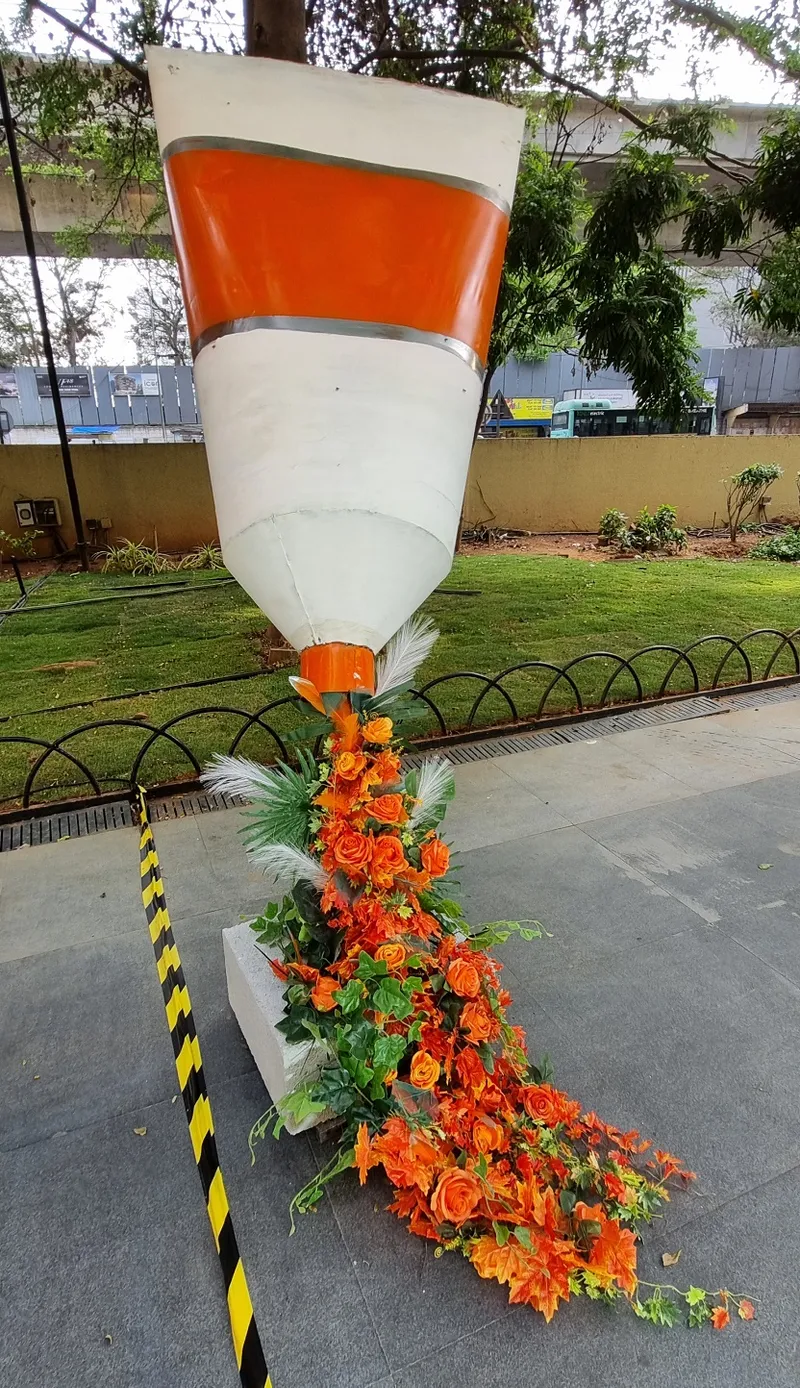
Many art exhibitions and festivals were cancelled during the years of the COVID-19 pandemic. “Despite the challenges posed by the pandemic, the art industry has demonstrated resilience and adaptability,” Gupta says.
As a significant change since then, she highlights the increased emphasis on public art festivals, which have resumed and expanded in scope. “Despite the hiatus, the response and participation have been overwhelming, with more artists taking part compared to previous years of WAC exhibitions,” she observes.
At the same time, certain aspects of the art industry have remained consistent. “The enthusiasm and anticipation from both the audience and artists for these festivals highlight the enduring appeal of art as a means of expression and engagement,” Gupta emphasises.
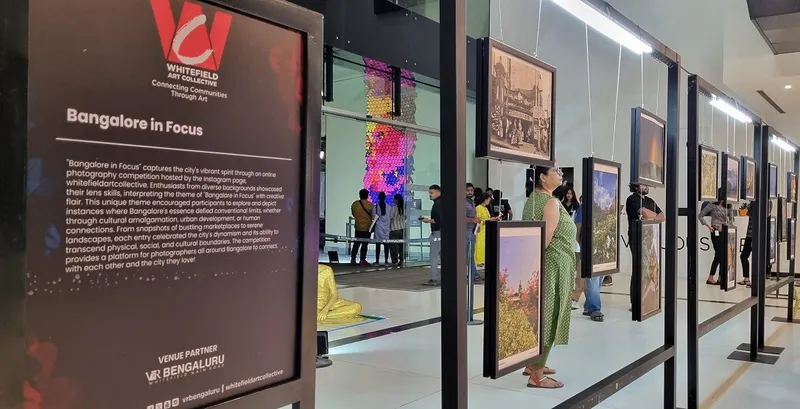
“Despite the disruptions caused by the pandemic, the fundamental role of art in fostering community engagement and cultural exchange remains unchanged,” she adds.
Other cultural initiatives where she is actively involved include the Dumas Art Project in Surat, the Punjab Art Initiative in Amritsar, the Madras Art Guild in Chennai, and Nagpur Kala Sangh in Nagpur.
“These are just a few examples of our commitment to bringing art to diverse audiences nationwide. We aspire to host these festivals across as many cities as possible,” she enthuses.
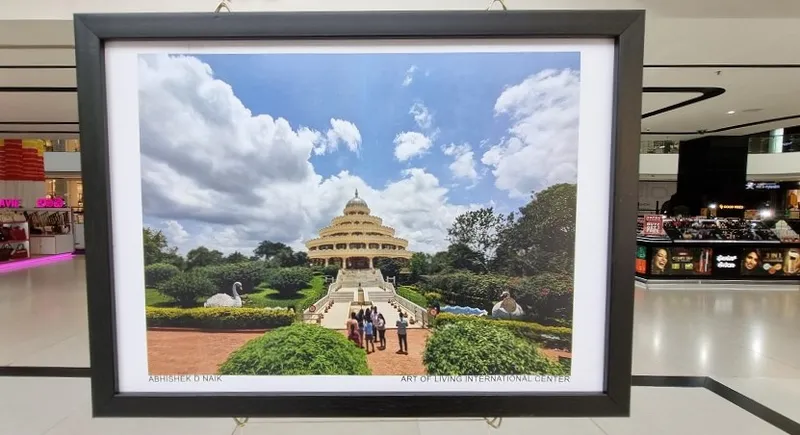
Her other projects include artistic collaboration between India and the UK, for which she sees lots of opportunity for artists, galleries, curators, and domain experts. “There’s an increased interest in Indian art and culture globally, which has led to the growing popularity of Indian artists,” she observes.
As part of the Public Art Festivals, Gupta has launched a mentorship program for exposure and knowledge transfer. “A senior artist from the UK is on our panel of mentors and we are constantly engaging with global organisations for more collaboration,” Gupta adds.
“In today's interconnected world, it is crucial to cultivate a global perspective. Engaging with different cultures, ideas, and experiences helps broaden horizons and create works that resonate across borders,” she explains.
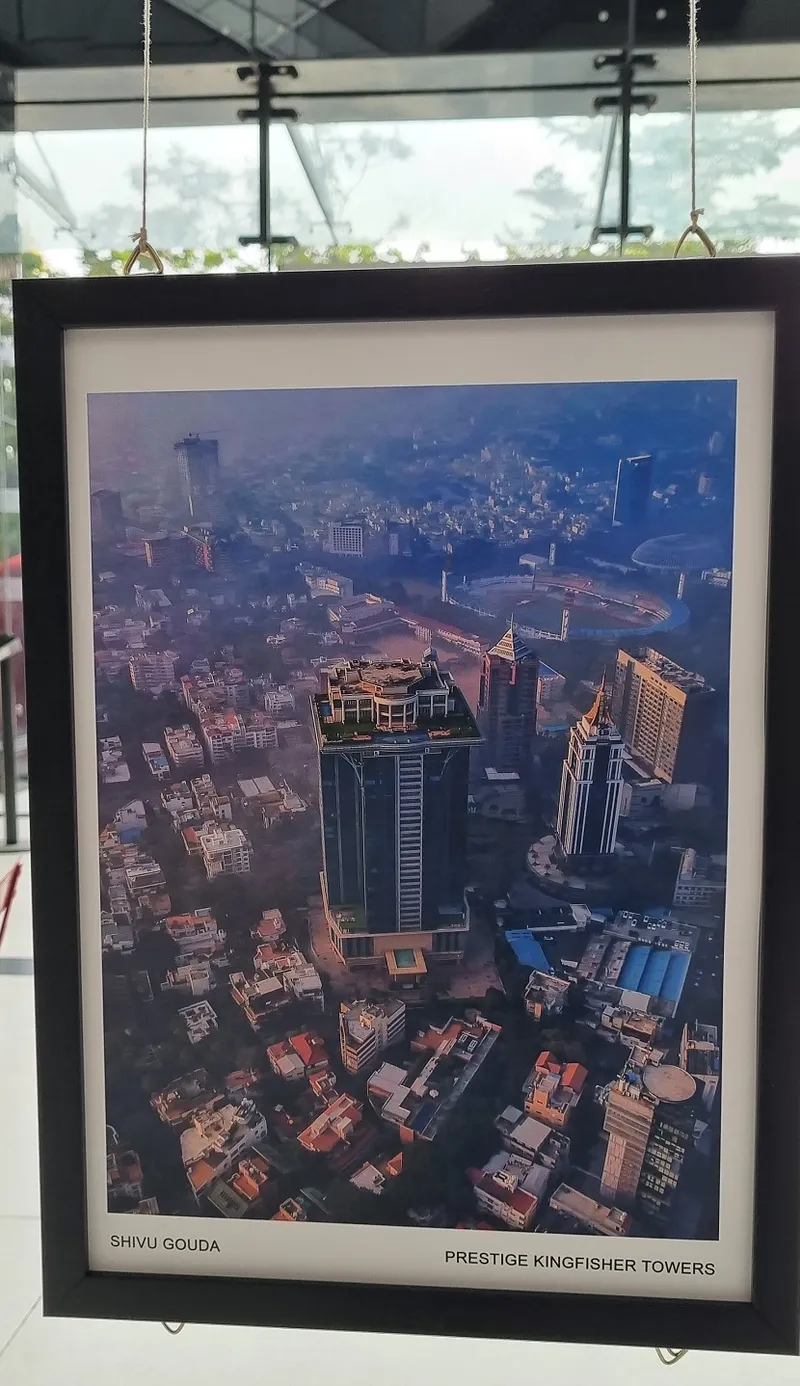
“Art is not just about self-expression; it can also be a potent tool for social change and activism. It can shine a light on important causes and make a meaningful impact on society,” Gupta adds.
Today, art entrepreneurs have a plethora of new options and opportunities opening up in sectors beyond traditional art fields. “Once limited to entertainment, art now influences various industries,” she observes.
For example, fashion designers incorporate artistic ideas into their creations, leading to unique products.
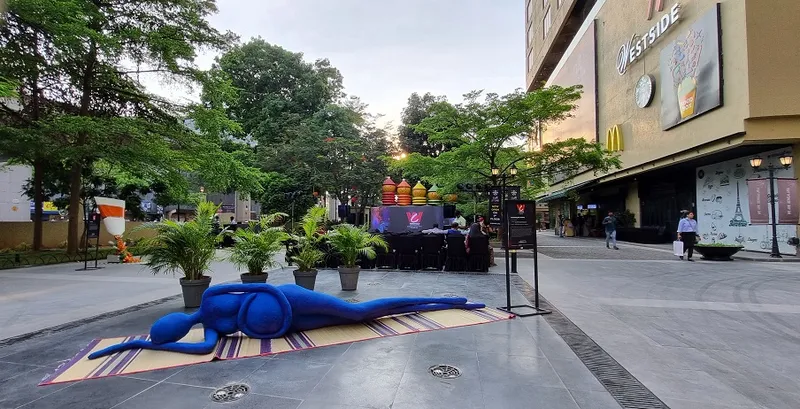
Collaborations between artists and scientists result in innovative designs. These include ergonomic furniture or stylish medical devices.
“The blending of art and science holds great potential for future innovations,” Gupta signs off.
Now what have you done today to pause in your busy schedule and harness your creative side for a better world?
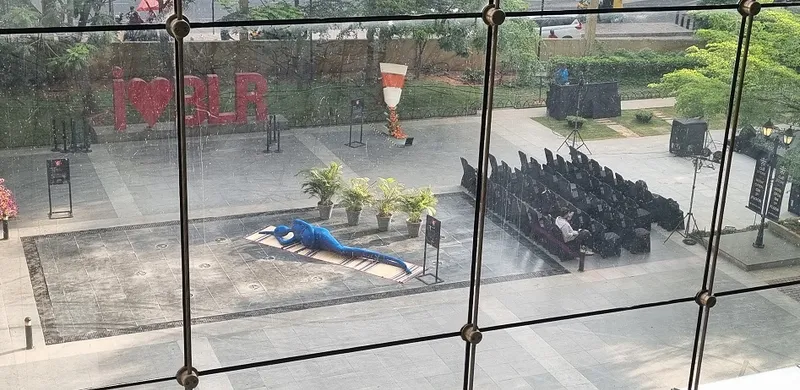
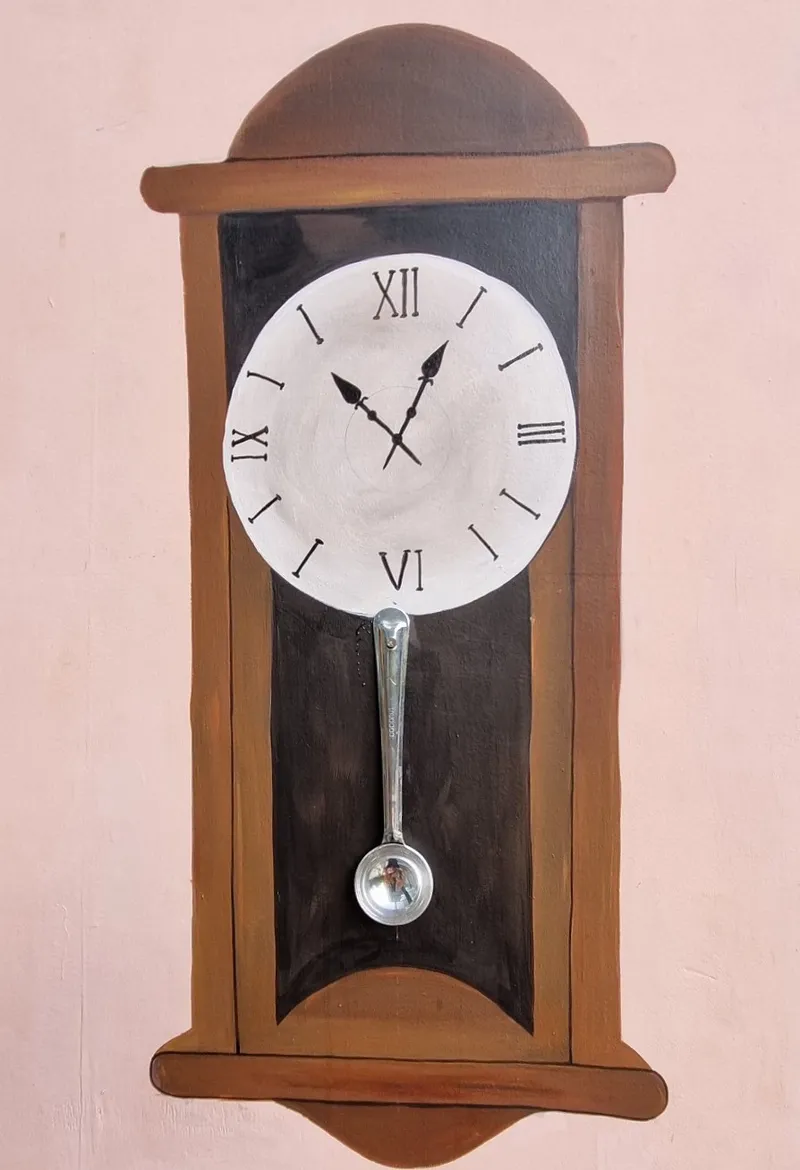
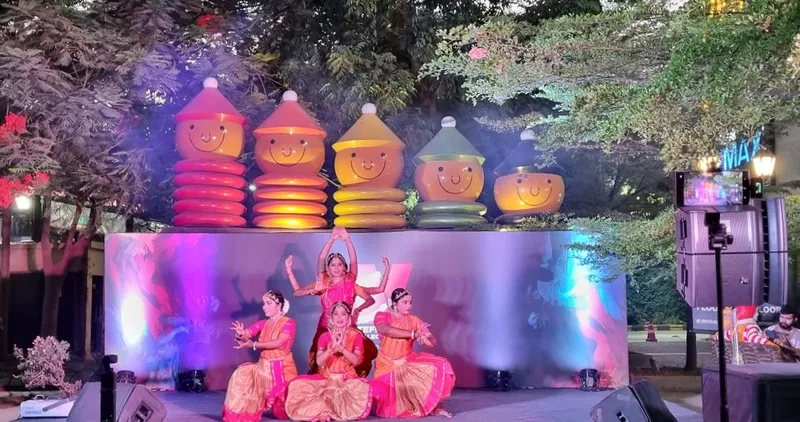
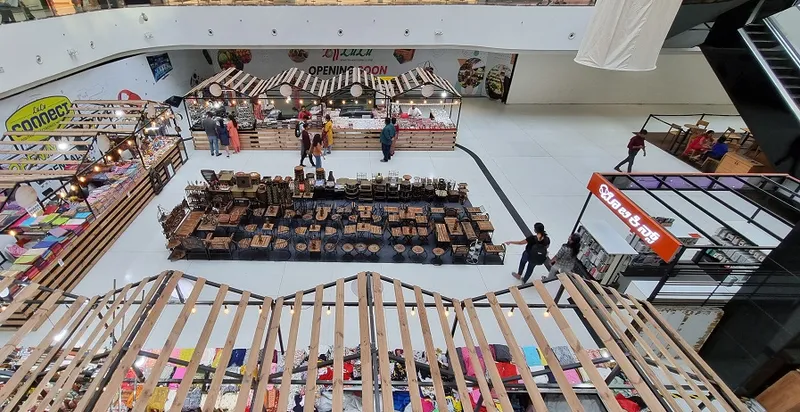
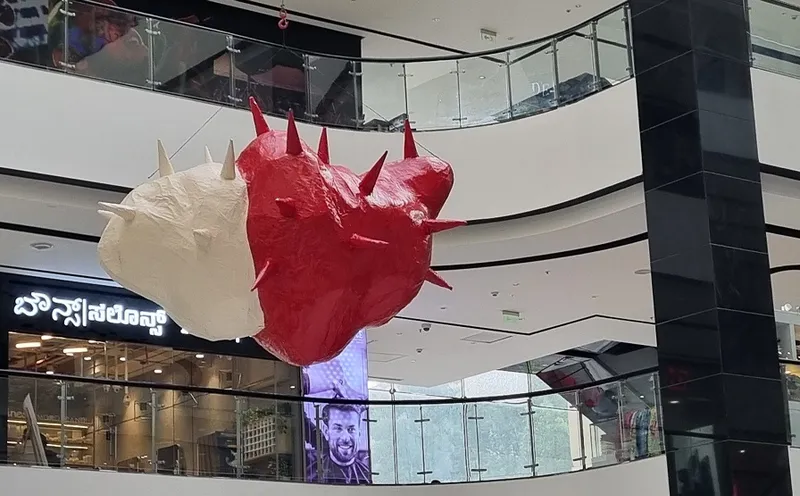
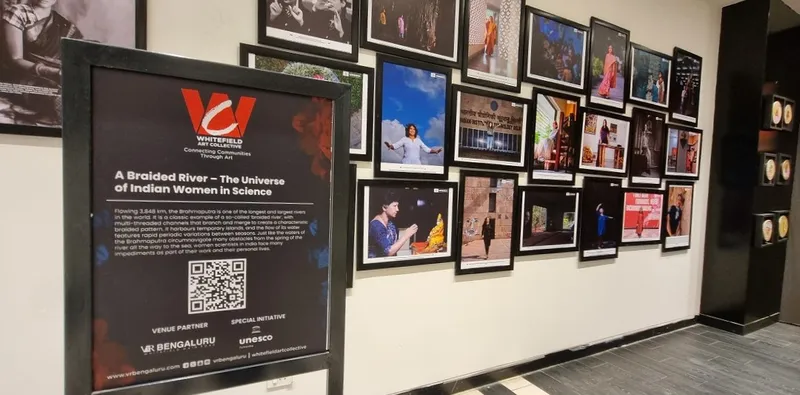
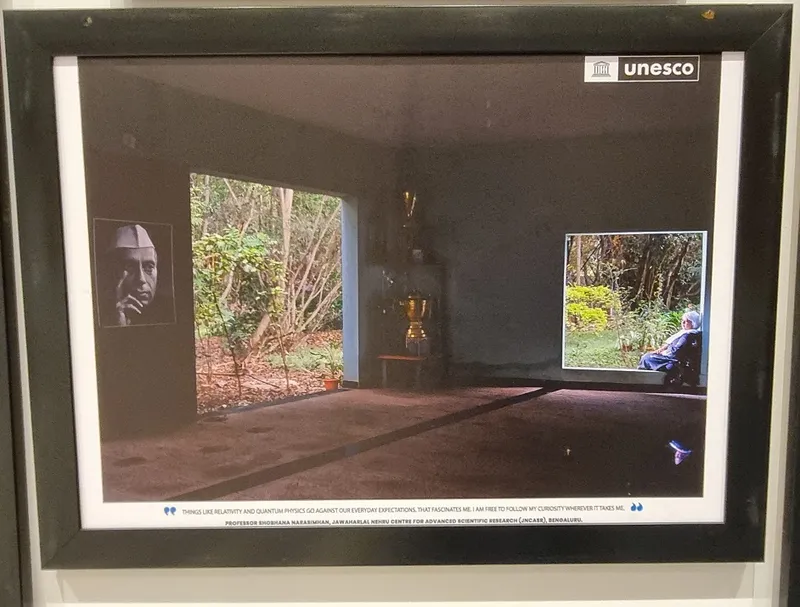
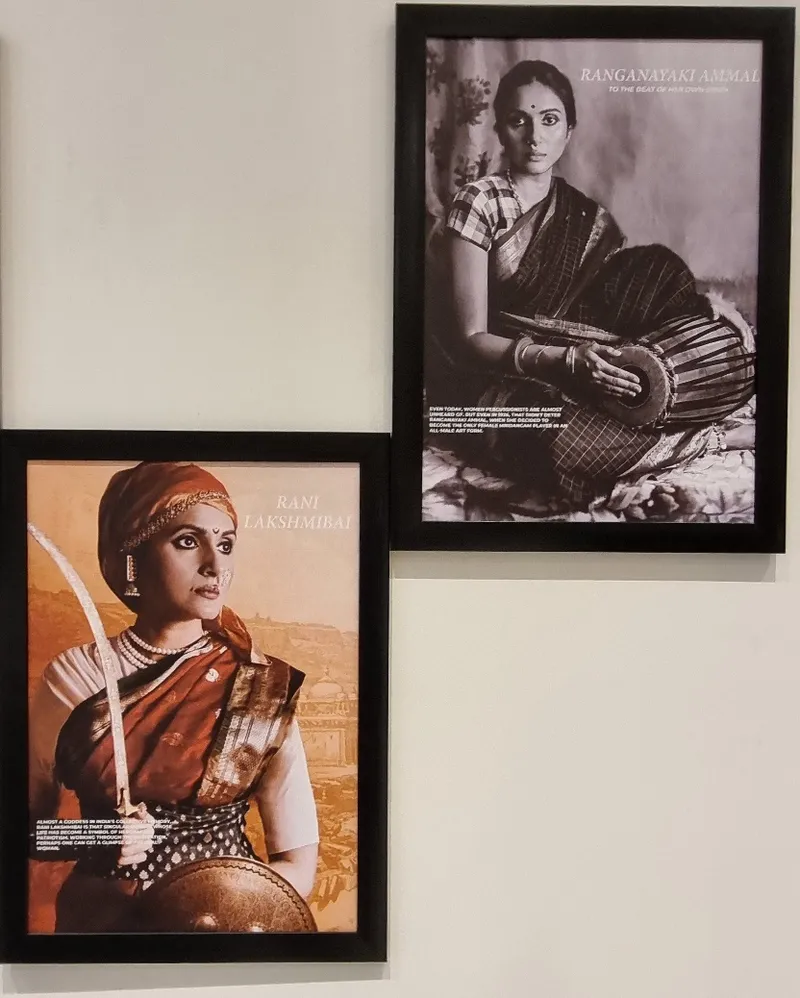
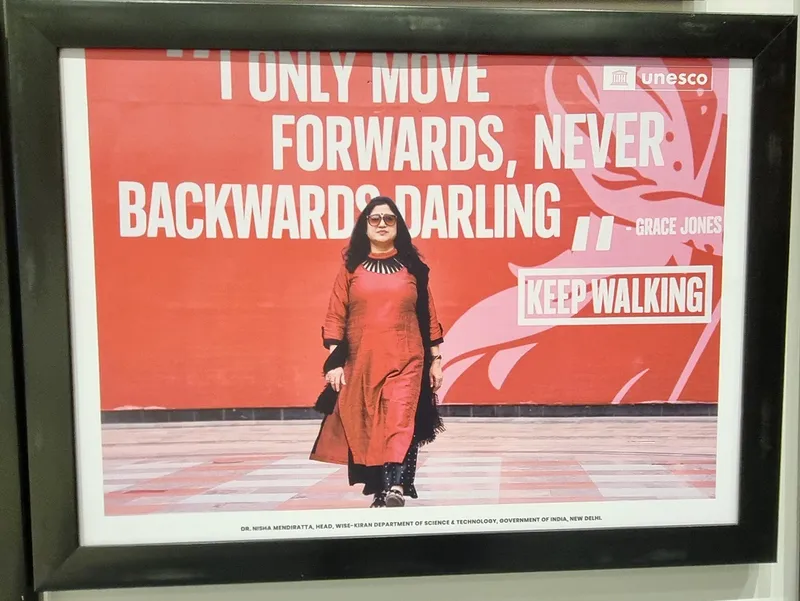
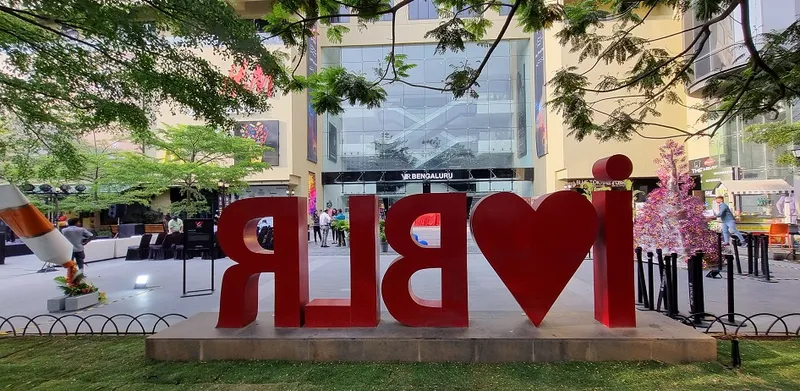
(All photographs were taken by Madanmohan Rao on location at the exhibition.)




